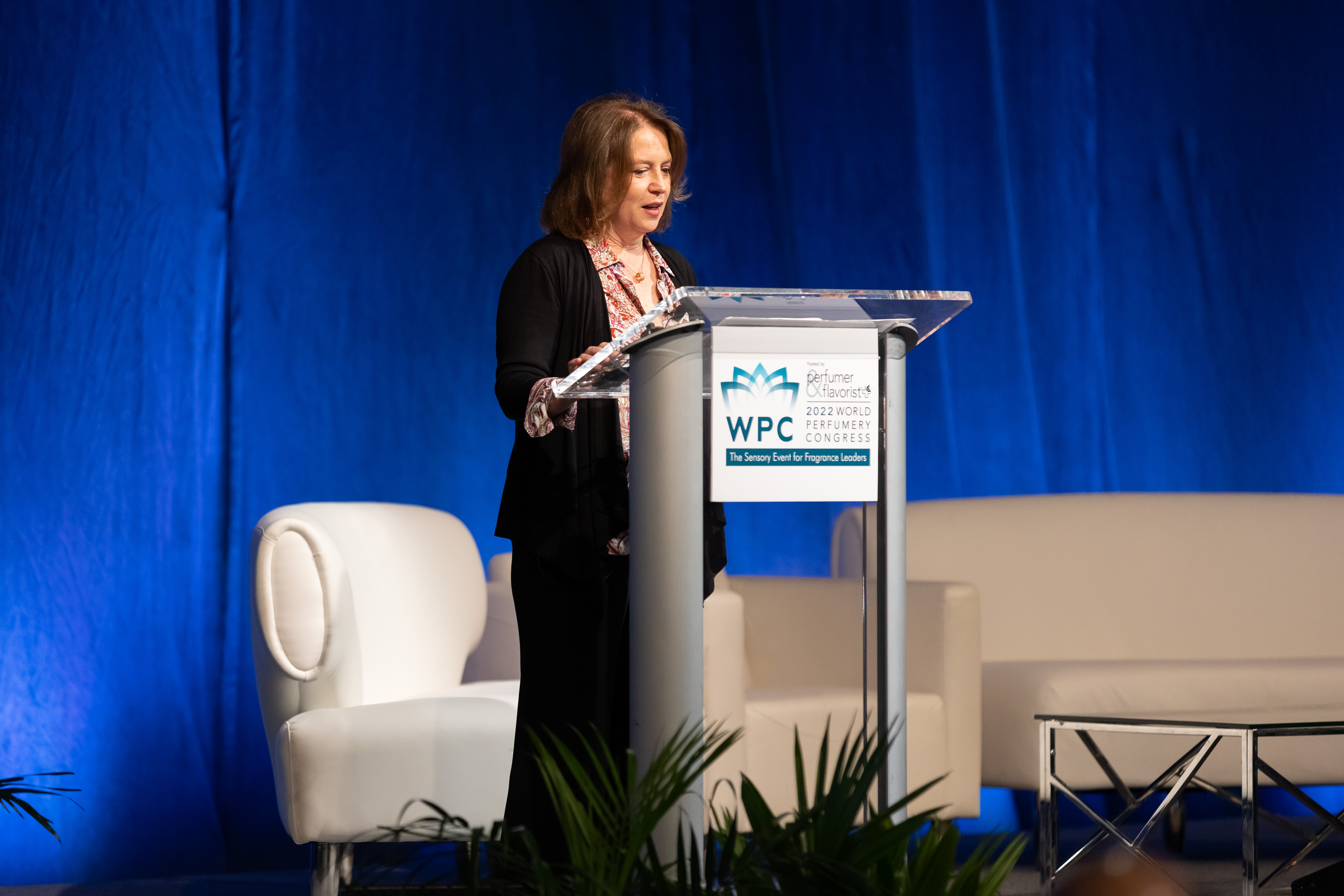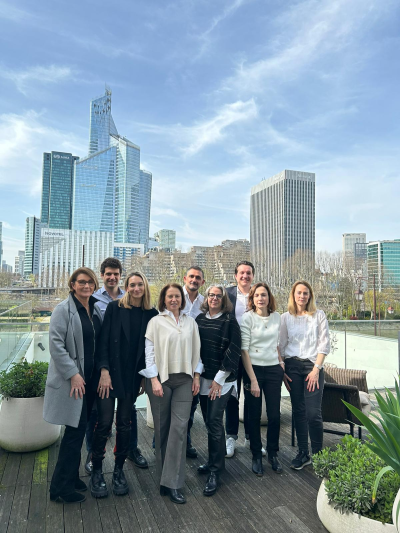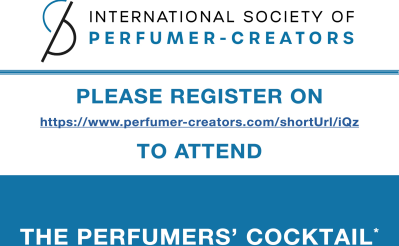News

ISPC speaks at WPC 2022: three goals

So, our immediate priority is to deliver on three goals.
1. Strengthen recognition of each other’s creations
With huge pressures to launch creations to market quickly, we’re now seeing more and more perfumers collaborate on a single fragrance, which means we need to respect everyone’s contribution, and fairly.
So, the question we asked ourselves was: how do you make sure recognition is given equally or proportionally between all the creators?
You might think…well, that’s simple, especially if there’s just two perfumers involved. But at the ISPC we realised this was a very complex issue.
“We all copy and steal like artists - it’s part of the creative process to understand how masterpieces are created, but what’s crucial is to know what we do with the copies. Have them on the market the way they are - is plagiarism. To transcend them to a next unexplored territory - is creation.
Fair recognition for fragrances that a perfumer has created is important because it’s crucial to building a professional reputation – and this in turn, can then lead to greater appreciation of the creations you create.
While improved recognition isn’t going to happen overnight, we’re making a start by defining our code of ethics.
For instance, first we want to make sure the paternity of a creation is recognised as an inalienable right. This is totally separated from all the other rights like manufacturing, distribution, commercialisation and so on. And it isn’t linked with compensation, but simply that the perfumer’s name is linked to their creation. And that, as creator, they should (give/be asked) for their consent before the (formula/creation) is attributed to any other person or organisation.
2. Improve international representation for, and within, the profession
We’re extending the global reach of ISPC’s membership and increasing ISPC’s involvement in regulatory discussions.
With more members in different countries and regions, we can benefit by:
- learning from each other’s cultures and markets so that our fragrances appeal to a very diverse market
- listening to international views
- learning about, and influencing, industry changes that impacts the profession
Already, we’re collaborating with representative associations in countries such as USA, Britain, France, Germany, Spain and most recently, India. And we’re looking to expand this affiliated network in many other countries, so we build stronger international representation.
At the same time, we’re increasing ISPC’s involvement in discussions about regulation. Until recently, there’s been no direct advocates to represent perfumers’ work when regulators such as the European Union make decisions.
The ISPC has a role to play. Sure, individual companies already do this through IFRA. But the ISPC can ensure that perfumers voices are globally heard. Let’s take the Green Deal as an example.
The Green Deal, a new EU regulatory framework for a ‘toxic-free environment’, requires actions on the sustainability of chemical ingredients we use. Some perfumers reacted negatively because, for instance, they feared we’d be left with no natural ingredients since all of them could be considered hazardous.
We needed to better understand this Green Deal. So, representatives of IFRA were invited to speak at a dedicated webinar, giving everyone an opportunity to listen, learn and feel part of the conversation.
The ISPC will continue to work together with regulators across the globe on future rules that help build safe and sustainable fragrances; as well as ensure that the perfumers’ palette of ingredients remains sufficiently diverse for them to use when creating. And we’ll help perfumers understand how industry changes affect the work they do.
3. Be a more inclusive and diverse profession
As a profession, we’ve been slow to adapt to the modern era. So, what can we do?
First, we can create more opportunities to enter the profession. Already we’ve got a much stronger gender balance, with nearly two-thirds of candidates applying to perfumery schools being women. But we still need to attract more diversity, and more from younger generations.
It’s helpful that there are now many more perfumery schools around the world, and as the ISPC we can help ensure their programs comply with the professions’ vision. And we’re encouraging young perfumers to join the ISPC early in their careers – not just to give them somewhere to meet and speak with more experienced perfumers, but to also help the ISPC listen to their views as we adapt to change such as the arrival of AI.
Another example of being more inclusive, is changing our use of language – vital to how effective we are in communicating about our creations and profession. We still use some terminology that’s no longer appropriate like "oriental", which has been used for decades to refer to a fragrance family characterized by scents like amber, sandalwood, resins, and vanilla. But today, it’s perceived as demeaning in parts of the world, so we’re sensitive to this (at the ISPC) and no longer using.
These are just a few examples of areas we are looking at to promote more diversity and inclusivity in all we do. And there’s certainly more to do.
The video of the ISPC speech is available by clicking on the image below.










Aucun commentaire
Vous devez être connecté pour laisser un commentaire. Connectez-vous.